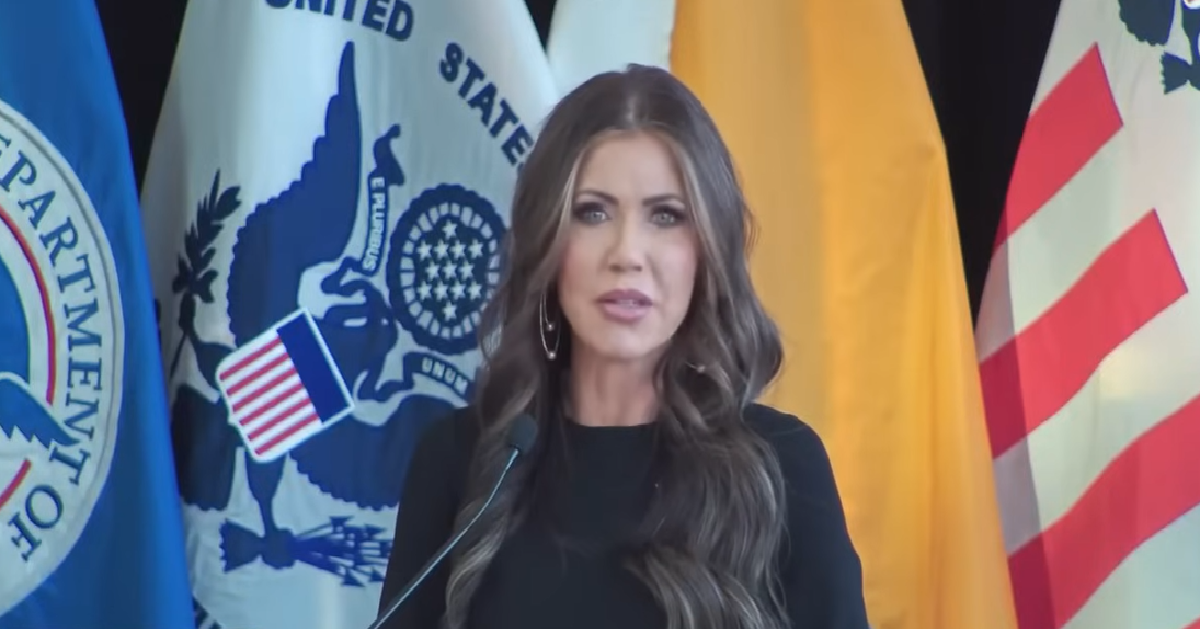Appeals court lifts block on order stripping bargaining rights from national security workers
President Donald Trump signed an executive order earlier this year which stripped collective bargaining rights from those employed by agencies with national security missions.
While a federal judge initially blocked the order from taking effect, Trump won a victory this past week when an appeals court reversed the decision.
Union: Order "upended decades of stable labor-management relations"
According to Politico, the preliminary injunction on Trump's executive order came from U.S. District Court Judge Paul Friedman, who was appointed to the bench by President Bill Clinton in 1994.
His decision came in response to a lawsuit filed by the American Foreign Service Association, a union which represents over 18,000 federal employees.
As U.S. News & World Reports reported, the union argued that Trump's March executive order had "upended decades of stable labor-management relations in the Foreign Service."
Government lawyers countered by highlighting Trump's determination that "agencies with a primary national security focus are being hamstrung by restrictive terms of collective bargaining agreements," a fact which frustrates the president's "ability to safeguard the interests of the American people."
"The democratically-elected President’s determination regarding the public interest in that sphere is entitled to deference," the attorney went on to insist.
Appeals court: Law "expressly recognizes" president's "national-security expertise"
Friedman disagreed, writing, "Congress could not have been clearer in passing the Statute that it intended for the protections of the Statute to extend broadly to the covered departments and agencies in the foreign service."
Appeals court lifts block on Trump executive order targeting federal worker unions https://t.co/5uO96XIMHh
— POLITICO (@politico) May 17, 2025
Yet D.C. Circuit Court of Appeals Judges Karen Henderson and Justin Walker disputed Friedman's conclusion in a ruling released on Friday.
"Preserving the President’s autonomy under a statute that expressly recognizes his national-security expertise is within the public interest," the Republican appointees wrote before overturning the preliminary injunction.
Appeals court faults Friedman for failing to require a bond
Politico also noted how in addition to faulting Friedman's reasoning, Henderson and Walker also took issue with the district court judge's failure to demand that the union post a financial bond.
Trump signed a presidential memorandum in March which stated that "parties seeking injunctions against the Federal Government must cover the costs and damages incurred if the Government is ultimately found to have been wrongfully enjoined or restrained."
Henderson and Walker pointed out how such bonds are "generally required" before expressing doubt "doubt that $0 was the appropriate bond."






